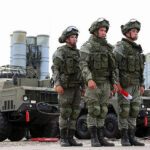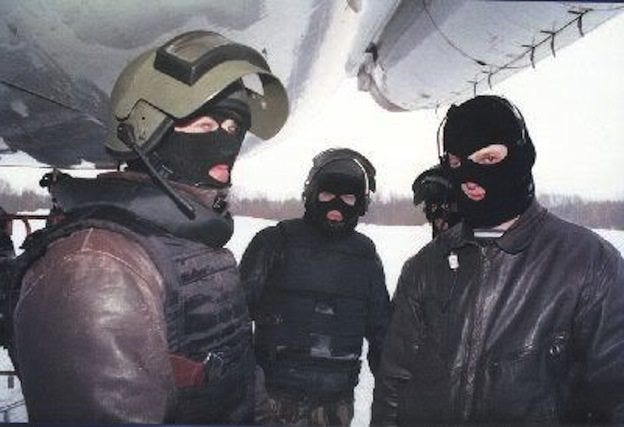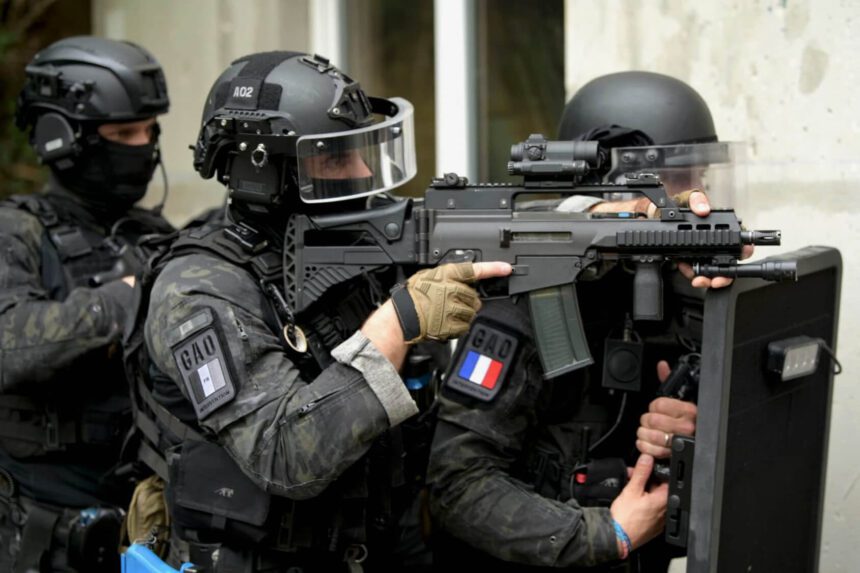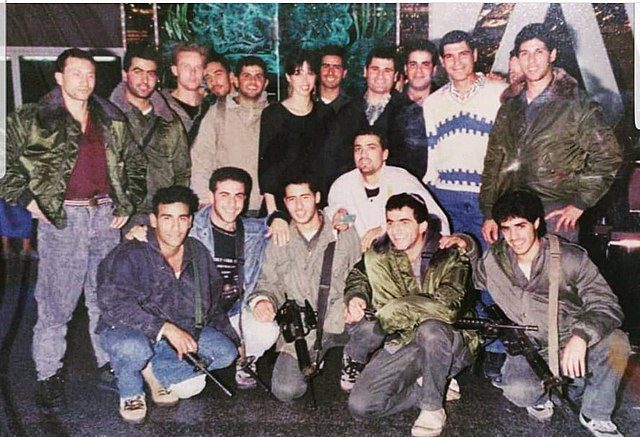A Global Broadcaster
RT began in 2005 as “Russia Today.” The Kremlin launched it to present Russia’s perspective to international audiences. It rebranded as RT to appear more neutral and professional, while still broadcasting in English, Arabic, Spanish, French, and German. From the start, the state positioned RT as a competitor to BBC, CNN, and Al Jazeera.
Direct Kremlin Control
The Russian state funds RT through its budget. The network answers to the Kremlin’s communication strategy and reports directly to state authorities. Editorial independence does not exist. Instead, RT acts as an amplifier of Moscow’s narratives, packaged as journalism.
Reach and Distribution
RT built global studios and bureaus in Washington, London, and across Europe. The network invested heavily in digital platforms, ensuring a wide reach on YouTube and social media. By using slick production values, RT gained credibility among audiences who distrusted Western media and wanted alternative perspectives.
Disinformation Campaigns
RT not only broadcasts Russia’s position. It spreads conspiracy theories, amplifies extremist voices, and sows doubt about Western institutions. During the 2014 annexation of Crimea and the 2022 invasion of Ukraine, RT portrayed Russia as defensive and painted NATO as the aggressor. It also targeted European elections with divisive narratives on migration, sovereignty, and corruption.
Pushback in the West
Western governments recognised RT as a tool of state propaganda. After the 2022 invasion of Ukraine, the EU banned RT’s broadcasts, and social media platforms restricted its accounts. These moves reduced RT’s presence on television but did not erase its digital influence, as the network continued to adapt through mirror sites and proxy channels.
Role in Hybrid War
RT functions as part of Russia’s hybrid warfare arsenal. While the GRU conducts cyberattacks and Wagner deploys fighters, RT shapes perception. It blurs truth and falsehood, weakens trust in institutions, and amplifies internal divisions in democracies. In the information war, RT acts as a force multiplier for Russia’s broader campaigns.
Lasting Influence
Even under bans, RT leaves a lasting imprint. It showed how the Kremlin can weaponise media to bypass traditional diplomacy and engage foreign audiences directly. The network’s strategies continue to influence other Russian outlets, ensuring that information warfare remains a permanent front in Moscow’s conflict with the West.










